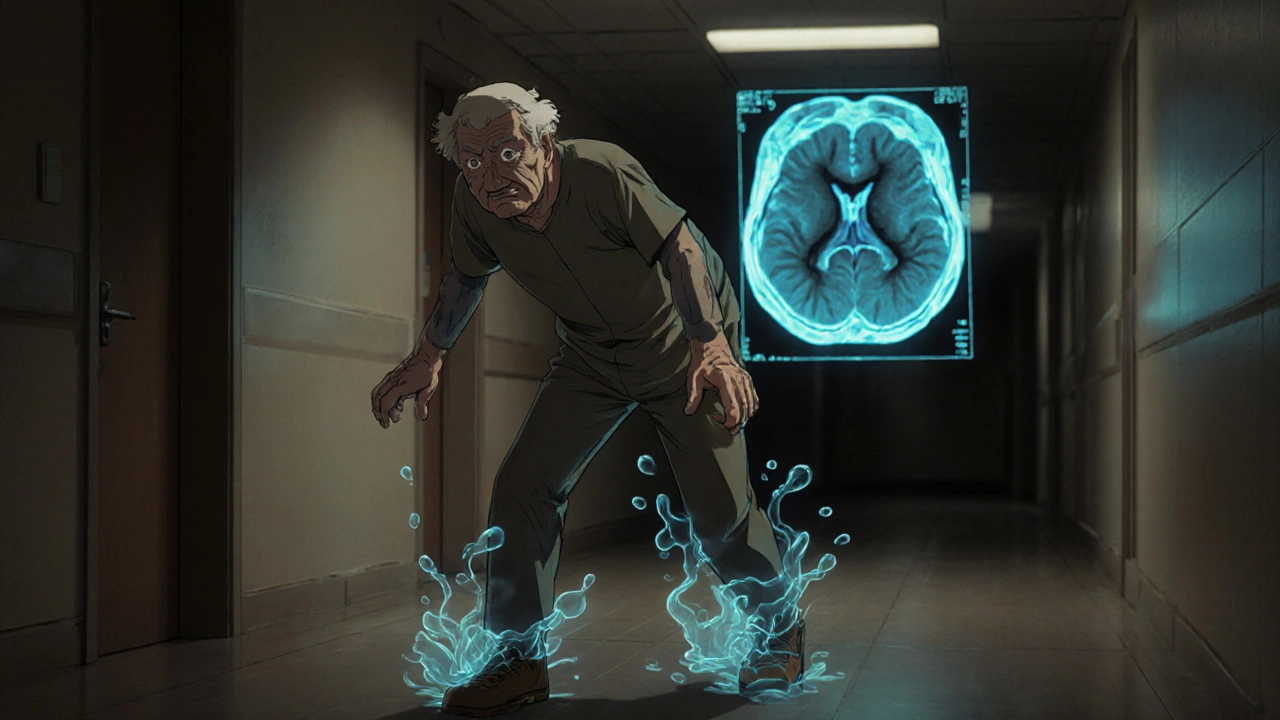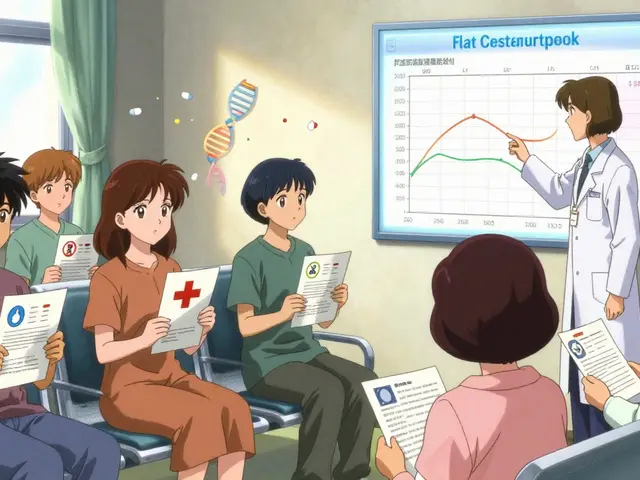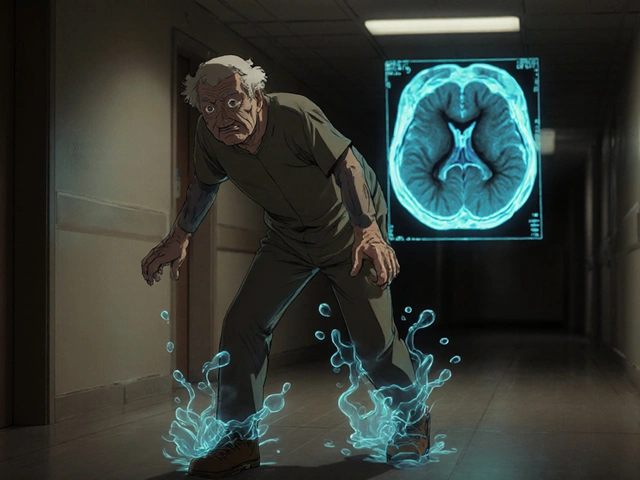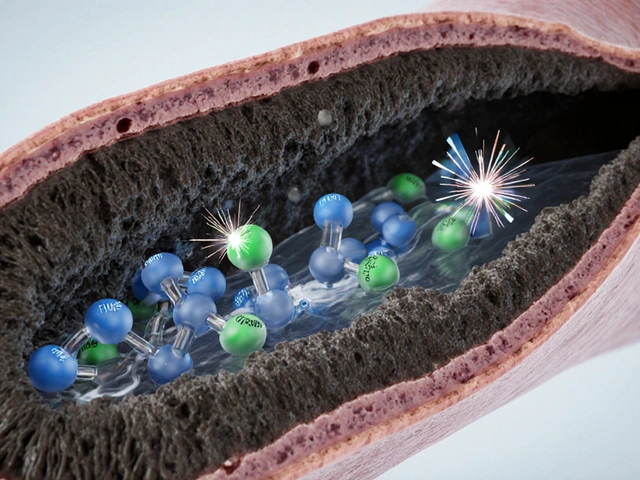Cognitive Impairment: Causes, Treatments, and What You Can Do
When your memory starts slipping, focus fades, or you can’t find the right word, you might be dealing with cognitive impairment, a decline in mental functions like memory, thinking, or reasoning that affects daily life. Also known as mild cognitive impairment, it’s not normal aging—it’s a signal your brain needs attention. This isn’t just about forgetting names. It’s when you miss appointments, repeat questions, or struggle with tasks you used to handle easily. And while it can lead to dementia, it doesn’t always mean it will.
Many things cause cognitive impairment, and medication side effects, unintended changes in brain function from drugs like sedatives, anticholinergics, or even long-term opioid use are one of the most common and overlooked triggers. For older adults, taking multiple pills can quietly damage thinking skills—especially when kidney function drops with age. dementia, a broader category including Alzheimer’s and vascular dementia is often the endpoint, but it’s not the only outcome. Some cases improve once you stop a problematic drug, treat depression, or fix sleep apnea. Even brain injury recovery, like after a stroke or head trauma, can leave lasting cognitive gaps that rehab can help rebuild.
What you’ll find here isn’t generic advice. These are real cases from people who noticed their thinking changed—and what actually helped. You’ll see how cognitive impairment links to alcohol withdrawal, why some blood thinners affect focus, how SSRIs and opioids can blur your mind, and why aging bodies need different drug doses. Some posts show how stroke rehab rewires the brain. Others warn about grapefruit juice messing with meds that control brain chemistry. You’ll learn what’s reversible, what’s not, and how to spot early signs before they become bigger problems. This isn’t about fear. It’s about knowing what to watch for—and what to do next.
Normal Pressure Hydrocephalus: Understanding Gait Issues, Cognitive Changes, and Shunt Treatment
By Lindsey Smith On 19 Nov, 2025 Comments (14)

Normal Pressure Hydrocephalus (NPH) is a treatable cause of dementia with classic symptoms: gait trouble, memory issues, and bladder control problems. Early diagnosis through CSF tests and shunt surgery can reverse symptoms in most patients.
View More




